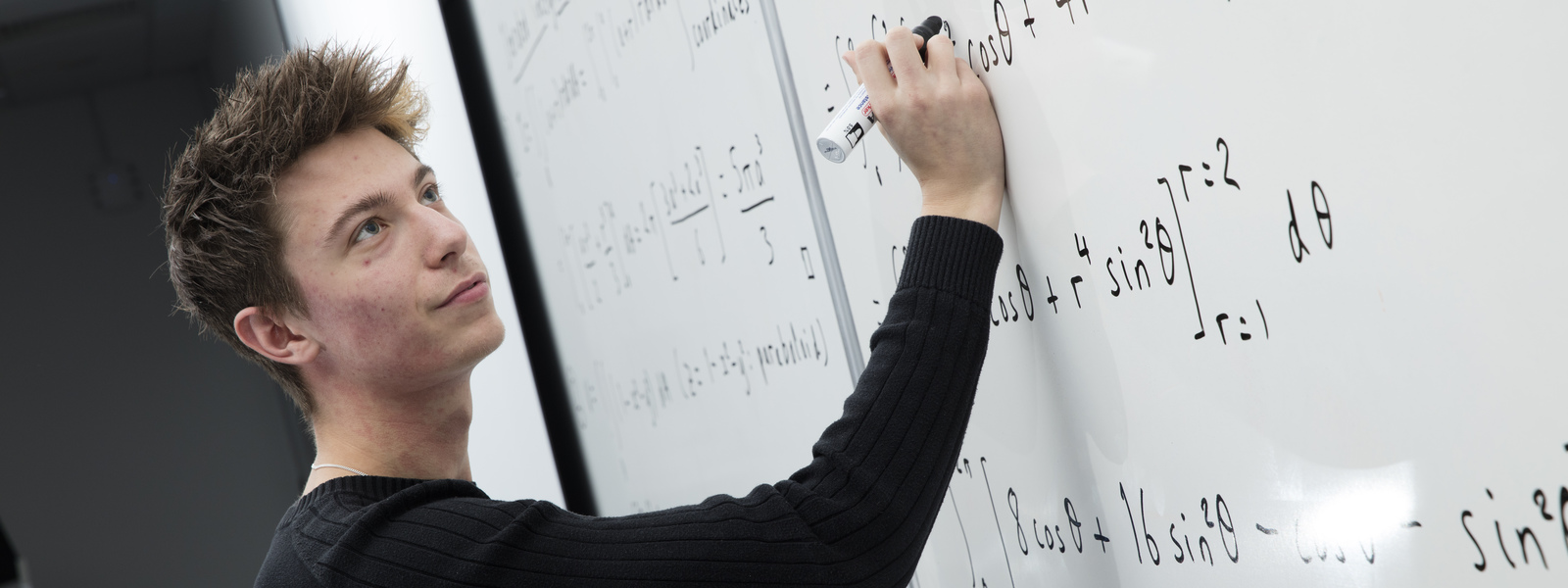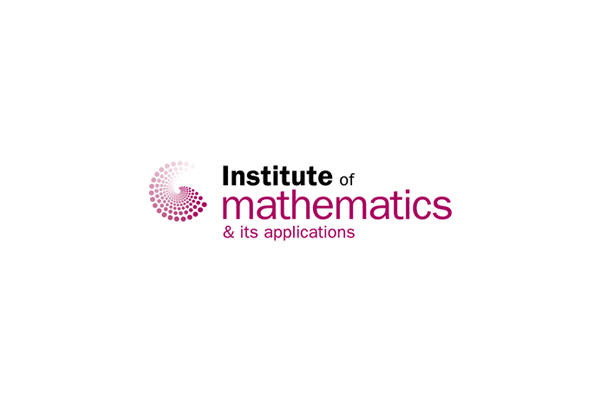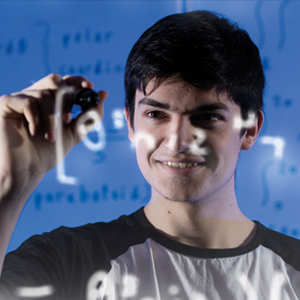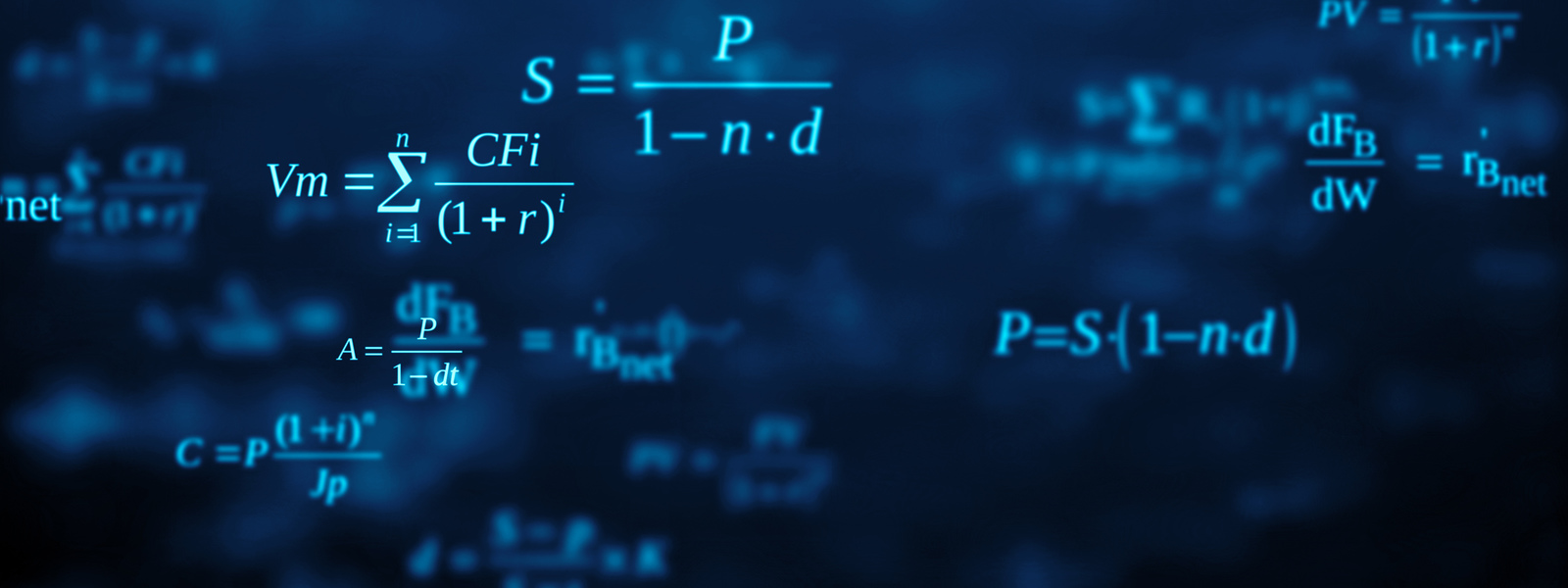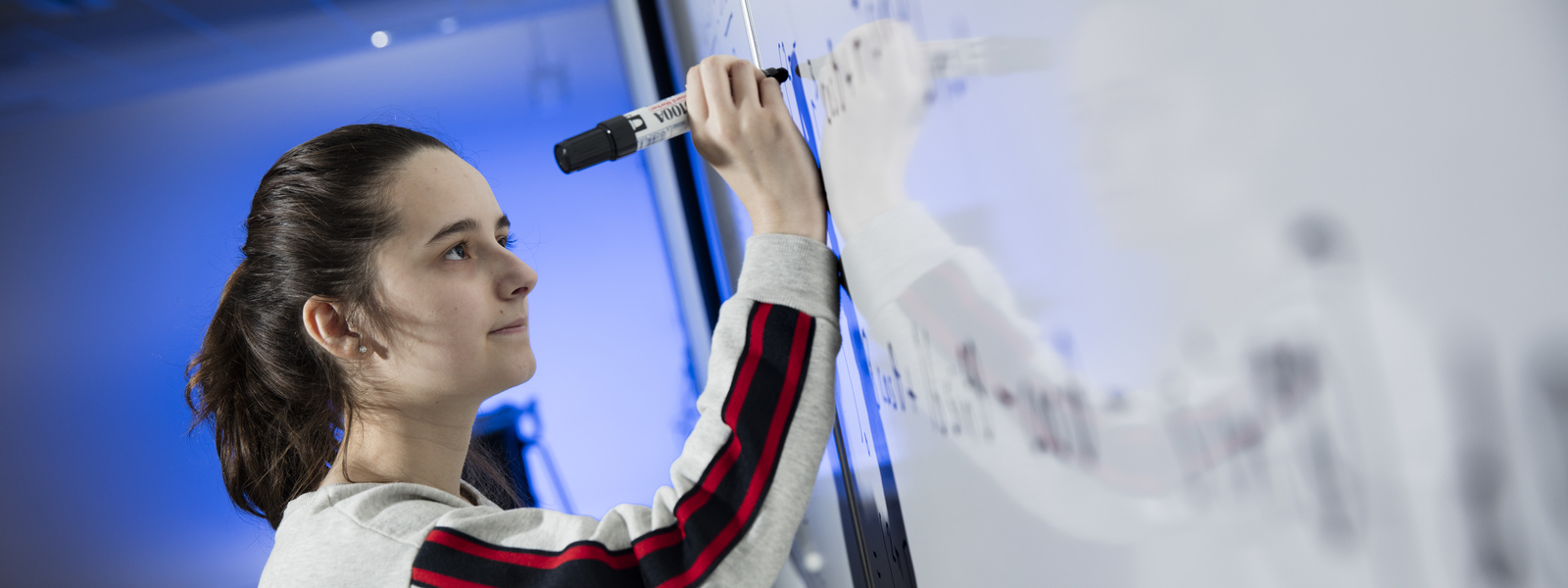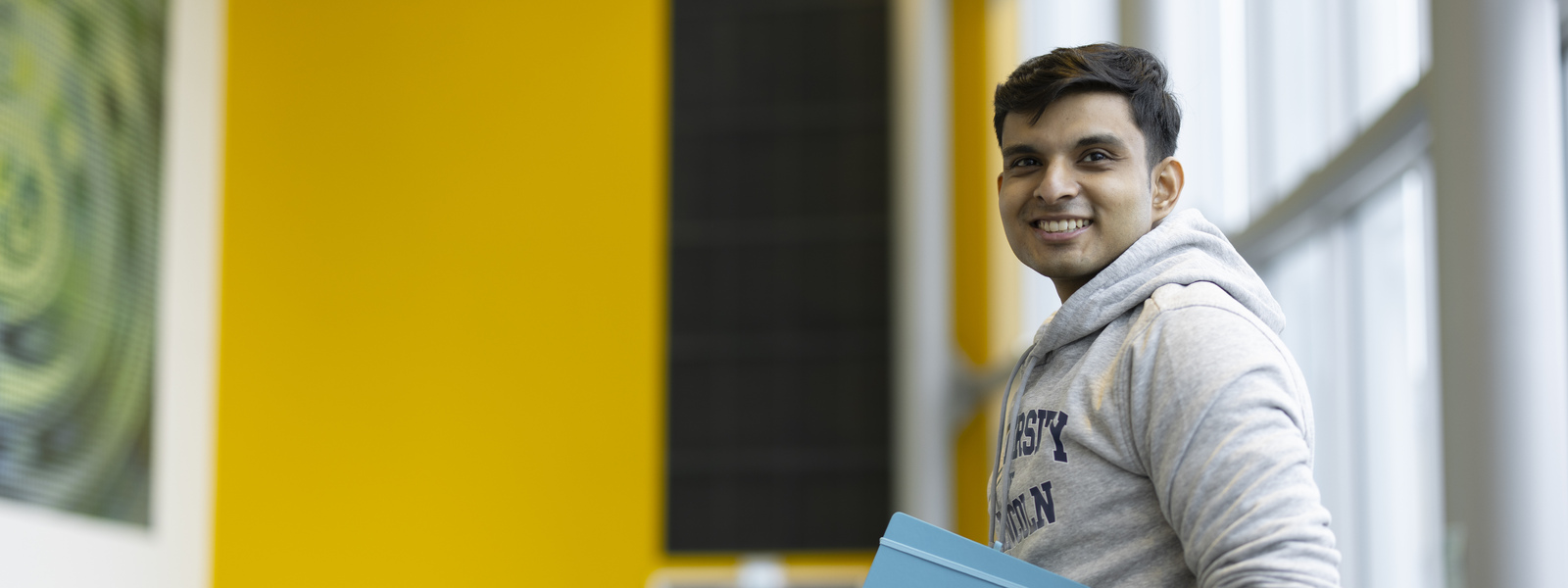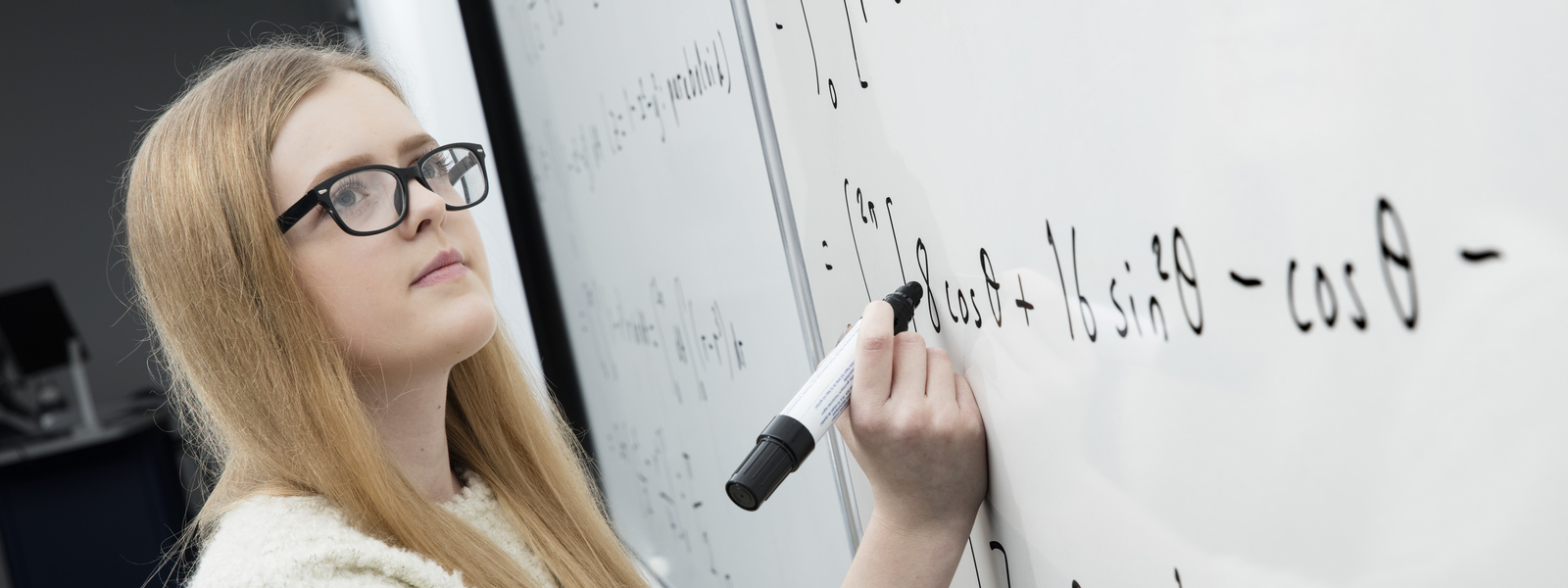Module Overview
This module begins with refreshing and expanding some of the material from the A-levels Maths, such as the binomial theorem, division of polynomials, polynomial root-finding, and factorisations. Then the Euclidean algorithm is introduced with some of its many applications, both for integers and for polynomials. This naturally leads to a discussion of divisibility and congruences, for integers and for polynomials, with emphasis on similarities and as a step towards abstraction.
Module Overview
This module focuses on the concepts of the derivative and the Riemann integral, which are indispensable in modern sciences.
Two approaches are used: both intuitive-geometric, and mathematically rigorous, based on the definition of continuous limits. Important results are the Mean Value Theorem, leading to the representation of some functions as power series (the Taylor series), and the Fundamental Theorem of Calculus which establishes the relationship between differentiation and integration. Further calculus tools are explored, such as the general properties of the derivative and the Riemann integral, as well as the techniques of integration. In this module, students may deal with many "popular" functions used throughout mathematics.
Module Overview
This module presents an introduction to computer packages for analytic formulas manipulation (computer algebra) and technical computing. Students will also have the opportunity to develop skills including; utilising a logbook as a factual record and as reflective self-assessment to support their learning.
Module Overview
This module introduces established theories describing optical, acoustic, and mechanical phenomena. The optics part includes Fermat’s principle of light propagation, Snell’s laws of reflection and refraction, thin lenses, and Huygens’s principle. The mechanics part includes the basic mathematical tools to describe the motion of objects (kinematics) and the laws of Newton (dynamics) underpinning these observed motions. The wave part of the module includes a discussion of propagating waves, the Doppler effect, phase and group velocities, and standing waves.
Module Overview
The purpose of this module is to introduce students to basic mathematical reasoning such as rigorous definitions and proofs, logical structure of mathematical statements. Students will have the opportunity to learn the set-theoretic notation, get acquainted with various strategies of mathematical proofs such as proof by mathematical induction or proof by contradiction. Rigorous definitions of limits of sequences and functions will form a foundation for other courses on calculus and differential equations. The importance of definitions and proofs will be illustrated by examples of "theorems" which may seem obvious but are actually false, as well as certain mathematical "paradoxes".
Module Overview
This module describes vector spaces and matrices. Matrices are regarded as representations of linear mappings between vector spaces. Eigenvalues and eigenvectors are introduced, which lead to diagonalisation and reduction to other canonical forms. Special types of mappings and matrices (orthogonal, symmetric) are also introduced.
Module Overview
This module begins with an introduction of a probability space, which models the possible outcomes of a random experiment. Basic concepts such as statistical independence and conditional probability are introduced, with various practical examples used as illustrations. Random variables are introduced, and certain well-known probability distributions are explored.
Further study includes discrete distributions, independence of random variables, mathematical expectation, random vectors, covariance and correlation, conditional distributions and the law of total expectation. The ideas developed for discrete distributions are applied to continuous distributions.
Probability theory is a basis of mathematical statistics, which has so many important applications in science, industry, government and commerce. Students will have the opportunity to gain a basic understanding of statistics and its tools. It is important that these tools are used correctly when, for example, the full picture of a problem (population) must be inferred from collected data (random sample).
Module Overview
This module provides students the opportunity to learn a variety of transferable skills: to communicate scientific ideas via a variety of media, to work in groups, to manage and plan projects, to keep record of work.
Students have the opportunity to develop an understanding of general and specialized databases, their uses and searches. Group study can develop Students' skills in team-working around investigating a topic from literature. Students have the opportunity to take on administrative roles within the team and work towards common aims and objectives.

